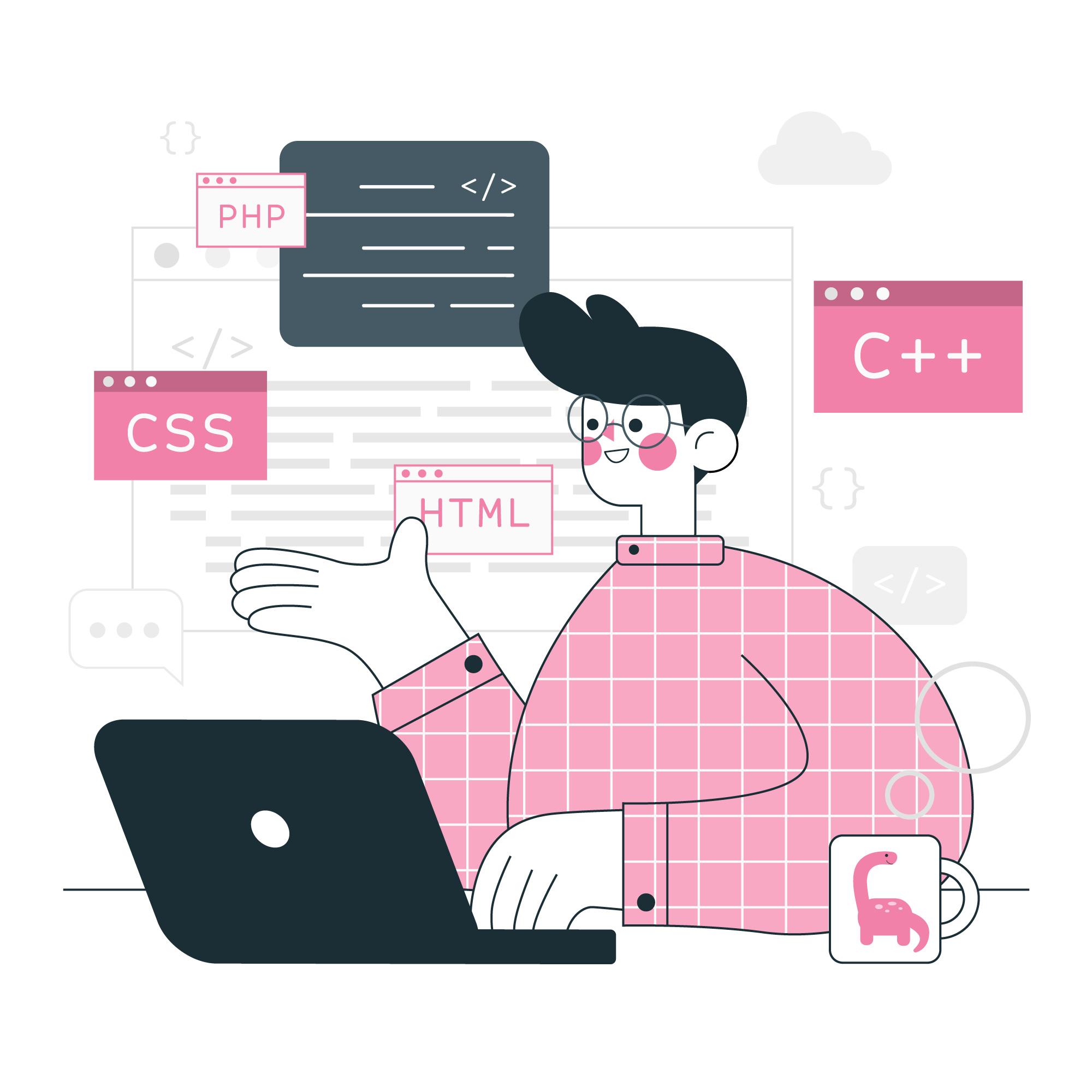


The notion of a programming language that can do "everything" is a complex and subjective topic. No single programming language is universally suited for all tasks, as each language is designed with specific goals, trade-offs, and use cases in mind. However, some programming languages are versatile and widely adopted, allowing developers to address a broad range of applications and domains. In this exploration, we will discuss the characteristics of such versatile languages and the considerations that go into choosing a language for a particular task. Understanding the role of programming languages is essential in website development where selecting the appropriate language can significantly influence the project's outcome and efficiency.
A versatile programming language is typically general-purpose, meaning it can be used for a wide range of applications rather than being specialized for a specific domain.
Versatile languages are expressive, allowing developers to articulate complex ideas and solutions with concise and readable code. This facilitates quick and efficient development across various domains.
A versatile language should support cross-platform development, enabling the creation of applications that can run on different operating systems without extensive modification.
Having a rich set of standard libraries is crucial. These libraries provide pre-built functionalities and tools that developers can leverage, reducing the need to reinvent the wheel for common tasks.
A thriving community and ecosystem contribute to a language's versatility. A strong community ensures ongoing support, a wealth of resources, and a diverse set of libraries and frameworks.
Versatile languages offer flexibility in terms of paradigms. They may support imperative, object-oriented, functional, or other programming paradigms, allowing developers to choose the best approach for a given task.
Python is renowned for its simplicity, readability, and versatility. It is used in web development, data science, artificial intelligence, scripting, automation, and more. Python's extensive standard library and third-party packages contribute to its broad applicability. Understanding the skills needed for a Python developer is essential for leveraging Python effectively across various domains.
Initially designed for web development, JavaScript has evolved into a versatile language used for both frontend and backend development. With the advent of Node.js, JavaScript can now be used for server-side applications as well.
Java's "write once, run anywhere" philosophy makes it suitable for cross-platform development. It is used in enterprise applications, mobile development (Android), web development (Java Spring), and more.
C++ is a powerful language that combines low-level and high-level features. It is used in systems programming, game development, embedded systems, and applications where performance is critical.
Developed by Microsoft, C# is versatile and widely used in desktop applications, web development (ASP.NET), game development (Unity), and more. It is known for its integration with the .NET framework.
Ruby's simplicity and productivity make it suitable for web development (Ruby on Rails), scripting, and automation. Its focus on developer happiness contributes to its versatility.
Consider the specific requirements of the task at hand. Some languages may be better suited for certain domains (e.g., data science, mobile development) due to their specialized libraries and frameworks.
Evaluate the performance needs of the application. While high-level languages like Python provide ease of development, performance-critical applications may require lower-level languages like C++.
Consider the expertise of the development team. A language familiar to the team can lead to faster development and better code quality.
Assess the community support and ecosystem of the language. A strong community ensures ongoing support, timely updates, and a wealth of resources.
Consider how well the language integrates with existing systems and technologies. Integration capabilities can impact the efficiency and effectiveness of development efforts.
Evaluate the scalability of the language for the anticipated growth of the application. Some languages and frameworks are better suited for scalable solutions.
While some languages are versatile and can be applied to a wide range of tasks, it's essential to recognize the myth of a single language that can do "everything." The choice of programming language often depends on the specific requirements, constraints, and goals of a project. Specialized languages exist because different domains have unique challenges and optimal solutions. For example, a language designed for numerical computing may not be the best choice for web development.
In conclusion, while there are versatile programming languages that excel in various domains, the choice of language should be based on the specific needs of a project. Developers often work with multiple languages throughout their careers, selecting the best tool for each job. A well-rounded understanding of different languages and their strengths empowers developers to make informed decisions and deliver effective solutions across diverse application domains.
